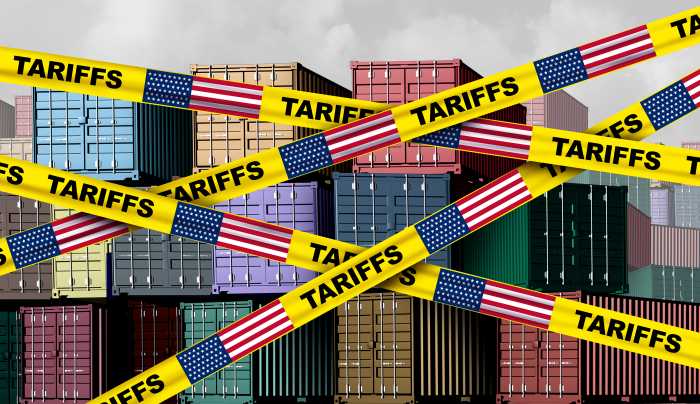Jamaican private- and public-sector security officials are quietly celebrating a reduction in murders, fatal shootings and other forms of serious crimes as they make a direct link between the dismantling of some entrenched gangs and the mid-year extradition of notorious gang leader Christopher ‘Dudus’ Coke to the U.S. to face narcotics trafficking and related charges.
The figures showing fewer murders so far in 2010, were presented at a roundtable private sector-led forum on security last weekend as Jamaicans, the private sector in particular — celebrated the so far steady decrease in felonies and their possible positive impact on the lifeline tourism sector.
Available figures show that there were 1,380 murders up to Christmas Day, compared to 1,625 last year and 1,576 in 2008.
For shootings, 2010 has recorded 1,447 compared to 1,631 last year and 1,498 in 2008 — statistics that give much cause for hope, officials said.
“This demonstrates a real change from the increases that existed up to May and the dramatic downturn since then,” said Assistant Police Chief Leslie Green of the Criminal Investigation Branch of the Jamaica Constabulary Force.
Eighty percent of murders have to do with the use of a weapon. The departure of ‘Dudus’ from his West Kingston inner-city stronghold of Tivoli Gardens also seems to be a motivating factor to detectives probing serious crimes, as this year also has seen a better detection rate with 67 more murder cases and 81 more shootings solved, compared with last year, a 10 percent increase in the police’s clean-up rate.
Police and the Jamaican military engaged heavily armed gunmen and known ‘Dudus’ supporters in more than a week of gun battle as he had resisted attempts to have him peaceably extradited to the U.S. where he was wanted on alleged international trafficking and other charges.
More than 75 persons including police and soldiers were killed during a week of mayhem but nearly every sector of Jamaican society, including the governing Jamaican Labor Party (JLP), which he supported openly, is making the link between his departure and the reduction in crime.
Military Chief of Staff Maj. Gen. Anthony Anderson said that enforcement authorities are more than elated that the private sector seems to be leading the national discussion on crime, its impact on society and how the nation works, when it appears that authorities rather than criminals are in charge.
“In a relatively small country like ours, economically challenged as we are, it is perhaps more critical to develop partnerships that will prevent or mitigate against the effects of crime, terrorism or natural disasters. The synergies created and the efficiencies realized through public private partnerships will redound to us being more resilient, if and when incidents occur and preferably through shared information and intelligence, we will prevent things from happening,” he said.

























